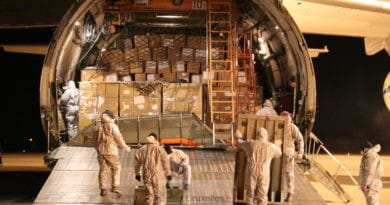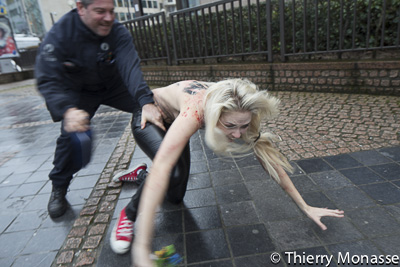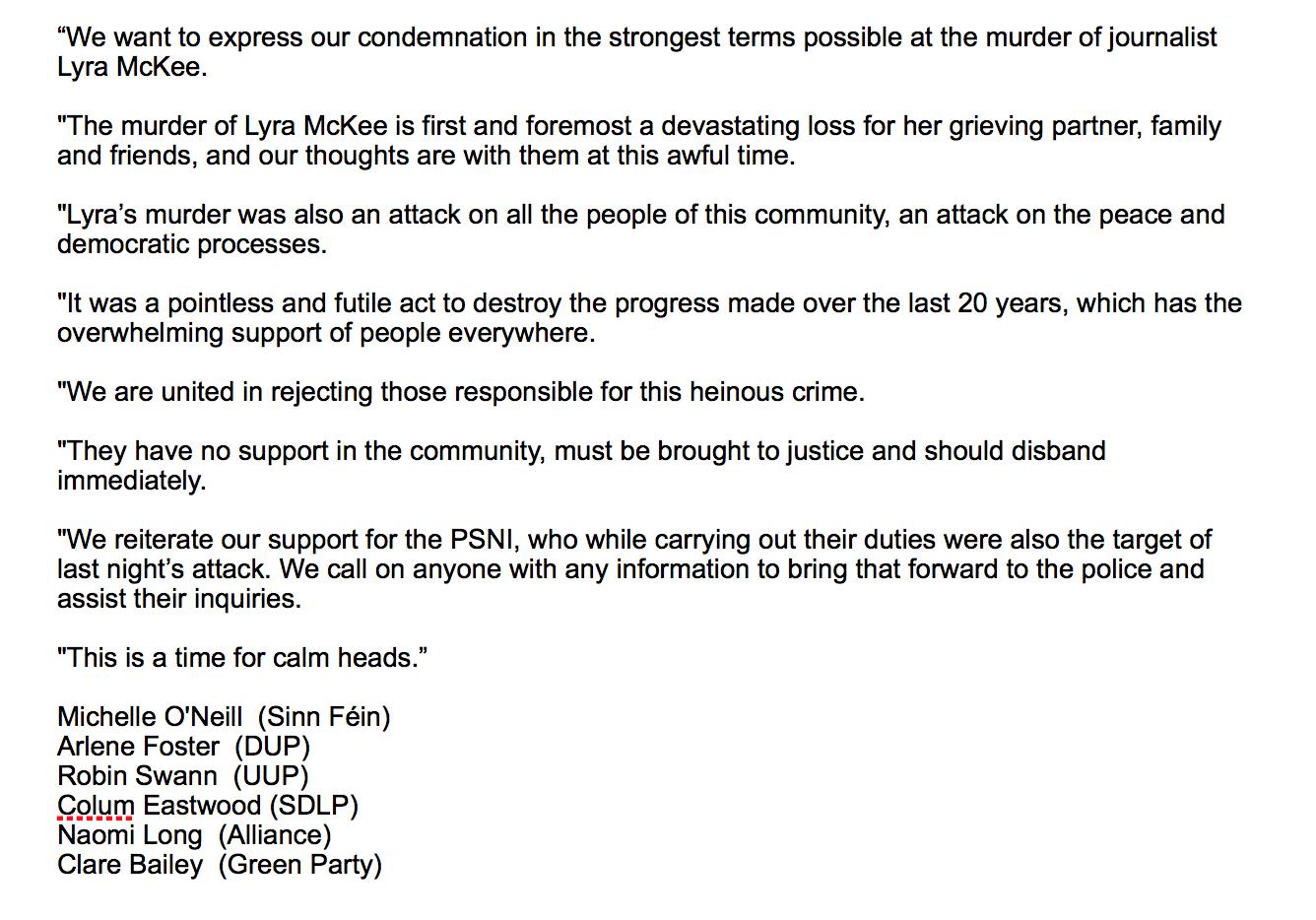The Netherlands maintain their presence in Althea
(BRUSSELS2) The Dutch government has proposed to renew until May 30, 2010 the Dutch participation in the force European military "EUFOR ALTHEA". It thus presented a draft decision to the second chamber of the country. 2 soldiers are present, in particular in the liaison and observation teams (LOT) in Travnik, Mrkonjic Grad, Drvar and Livno. Cost of the mission for one year of mission: 7 million euros (3,6 million for 2009 and 3,4 million for 2010).
No transformation of the Eufor military mission immediately
Between the lines behind this apparently operational decision is a very political decision: the Netherlands is one of the countries, rather reserved for the withdrawal of European soldiers from Bosnia (read the various opinions present). "CLike the majority of EU Member States, (they) are not opposed, in principle, to the transformation of EUFOR into a military training mission (1) but feel that now is not the time to transform EUFOR".
The risk of withdrawal minimized
In 2008, Sweden, the Czech Republic and Belgium withdrew their soldiers from Eufor (a modest participation). More recently, France (96 soldiers) and Finland (45 soldiers) unilaterally decided to withdraw their troops by the summer of 2009. A withdrawal which has no operational impact, underline the Dutch, especially since other countries have already announced an increased contribution. Spain and Ireland, too, have also announced their withdrawal (cwhich is arguably more worrying). Such withdrawals are considered regrettable by the Dutch government which fears that the "credibility of the operation is affected".
A situation always at risk
The presence of EUFOR soldiers is "important to fully fulfill the objectives of the Dayton agreement (including demobilization, demining, control of airspace, weapons)". It "not only creates a reliable environment for cooperation between the various Bosnian entities in the state complex. But it also has a deterrent effect on those who would like to disrupt the political process of Bosnian unity. In addition , the security situation in Bosnia and Herzegovina needs to be closely monitored in the broader context of stability in the Balkans Organized crime (including arms and drug trafficking) and corruption continue to pose a threat to the political process ."
The conditions of the transformation
A decision on the future of EUFOR Althea should take into account the transition from the office of High Representative (OHR) to that of EU Special Envoy (EUSV). The closure of the OHR and the end of the possibility of self-referral (substitution, dismissal, cancellation... so-called powers of Bonn) could mean a vacuum of power and the possibility of unrest remains worrying. Ideally, the transition from EUFOR to a training mission should take place only after it has been determined that the transition to EUSV has been successfully completed.
(1) Of the 4 options involved — 1) continuing the current situation, 2) further downsizing the mission, 3) transforming into a military training mission and 4) ending the mission — the Council chose option 3 (transformation) .
Download the project submitted by the government to the 2nd chamber (in Dutch)
Read also:



Comments closed.